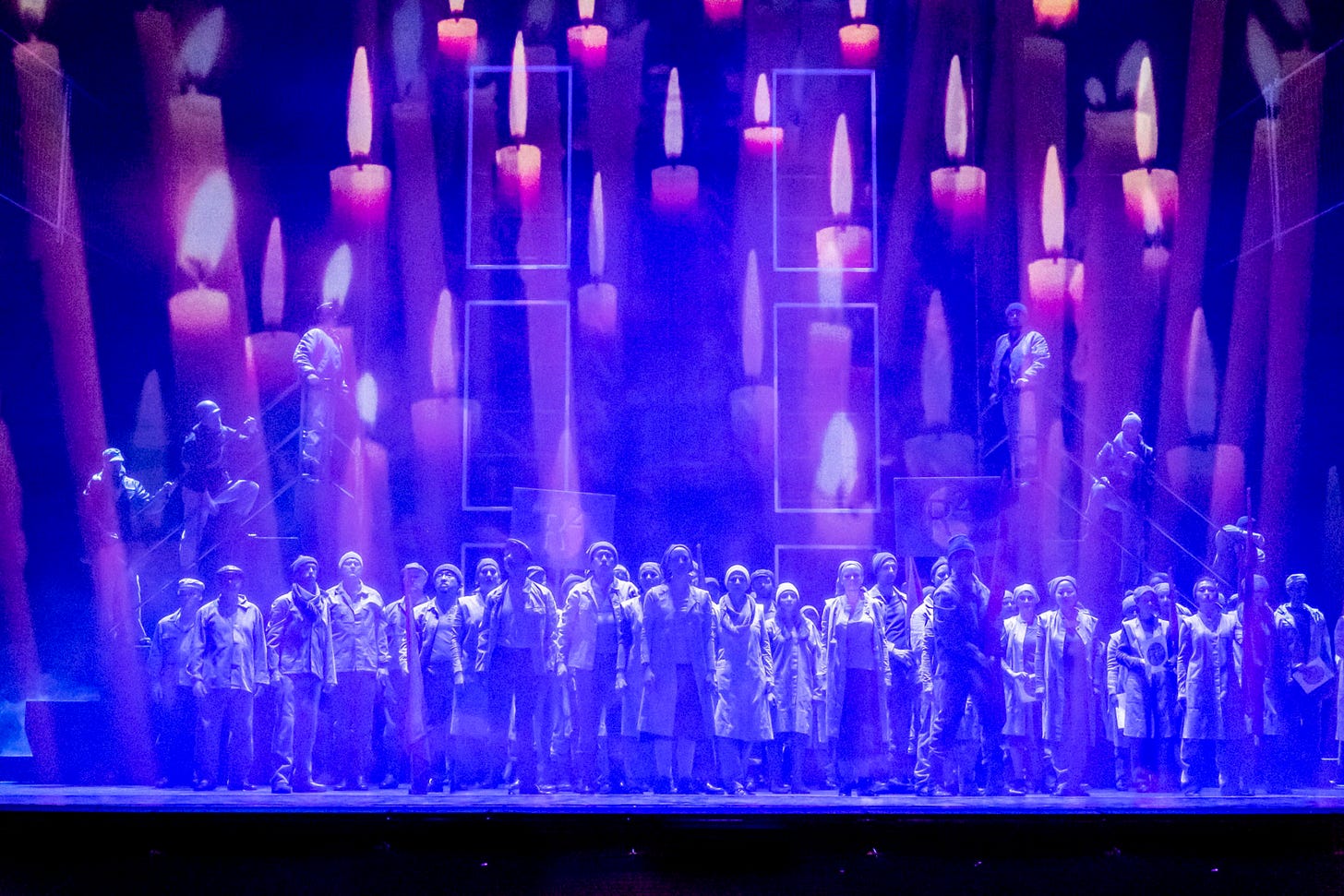Author : Jos Hermans
One by one, the myths that unreliable witnesses have created about Adolf Hitler's relationship to Wagner, falter. Those are tough myths that, once established, take on a life of their own. After Hermann Rauschning, today it is Hitler's childhood friend, August Kubizek's turn to take a seat on …
Keep reading with a 7-day free trial
Subscribe to Leidmotief | Leitmotif to keep reading this post and get 7 days of free access to the full post archives.




